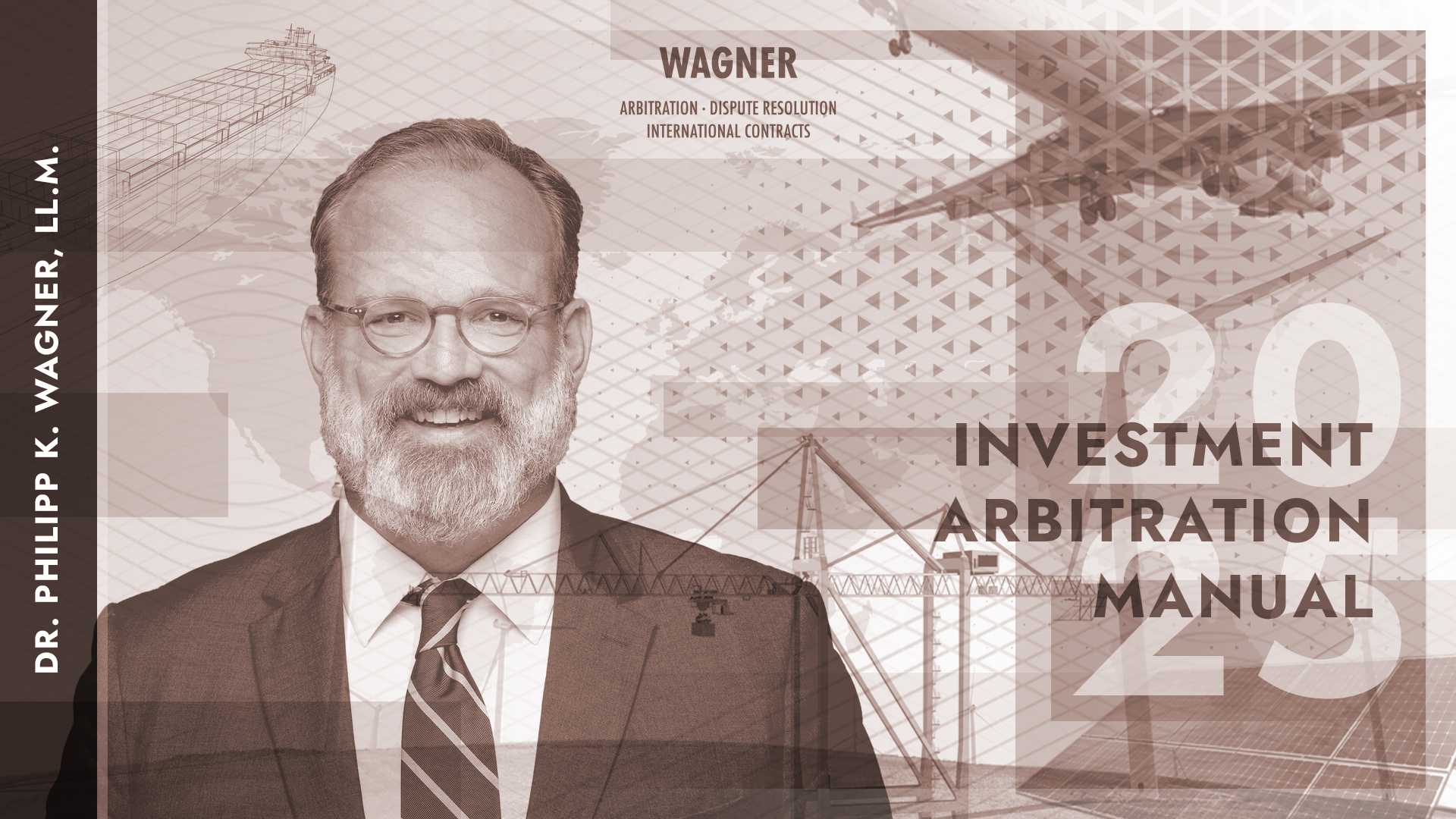Investoren mit Sitz in einem EU-Mitgliedstaat, die ein Investitionsschiedsverfahren gegen einen anderen EU-Mitgliedstaat einleiten, sollten sich darauf einstellen, mit einem besonderen Rechtsbehelf nach deutschem Schiedsrecht konfrontiert zu werden: Das Verfahren nach § 1032 Abs. 2 ZPO ermöglicht es einer Partei unter bestimmten Voraussetzungen, ein deutsches Gericht anzurufen, um die Zulässigkeit eines Schiedsverfahrens zu prüfen, selbst wenn der Schiedsort nicht in Deutschland liegt.
Während dieses Verfahren klassischerweise im Bereich der Handelsschiedsgerichtsbarkeit genutzt wurde, wird es aktuell zunehmend insbesondere von EU-Mitgliedstaaten im Kontext von Investitionsschiedsverfahren geltend gemacht, um Intra-EU-Verfahren zu verhindern. Der Wortlaut der Bestimmung unterscheidet nicht zwischen Handels- und Investitionsschiedsgerichtsbarkeit. In der Praxis haben sich EU-Mitgliedstaaten jedoch darauf berufen, um Intra-EU-Schiedsverfahren, die auf der Grundlage inzwischen gekündigter bilateraler Investitionsschutzabkommen (BIT) oder des Energiecharta-Vertrags (ECT) eingeleitet wurden, zu verhindern. Die wichtigste Voraussetzung: eine ausreichende Verbindung zu Deutschland.
Die Achmea-Rechtsprechung
Die EU-Mitgliedstaaten haben dieses Instrument infolge des sogenannten Achmea-Urteils genutzt. Im Achmea-Urteil (C-284/16) hat der EuGH entschieden, dass Schiedsklauseln in BITs, die zwischen EU-Mitgliedsstaaten geschlossen wurden, mit dem EU-Recht unvereinbar sind. Sie würden die Autonomie der EU-Rechtsordnung und die ausschließliche Zuständigkeit des EuGH gefährden. In späteren Entscheidungen – insbesondere Komstroy und PL Holdings – wurde dieser Grundgedanke auf den ECT und ad hoc-Schiedsvereinbarungen ausgeweitet.
In diesem Zusammenhang hat sich § 1032 Abs. 2 ZPO als proaktiver Mechanismus für EU-Mitgliedstaaten herauskristallisiert, um Schiedsverfahren noch vor der Bildung eines Schiedsgerichts erfolgreich für unzulässig zu erklären und damit ihre auf Achmea basierenden Einwände innerhalb des EU-Rechtsrahmens zu festigen. Das höchste deutsche Zivilgericht, der Bundesgerichtshof (BGH), hat inzwischen im Mainstream-Verfahren (BGH, I ZB 43/22) die entsprechende Anwendung des § 1032 Abs. 2 ZPO bestätigt.
Zuständigkeit des Kammergerichts und die Frage der ausreichenden Verbindung
Gemäß § 1062 Abs. 2 ZPO unterfallen Anträge nach § 1032 Abs. 2 ZPO der ausschließlichen Zuständigkeit der 24 deutschen Oberlandesgerichte (OLG), die in der Regel als Berufungsgerichte fungieren. Der primäre Anknüpfungspunkt für die örtliche Zuständigkeit ist der Ort, an dem der Antragsgegner (in diesem Fall der Investor) seinen Sitz oder gewöhnliche Aufenthalt hat oder der Ort, an dem sich das Vermögen des Antragsgegners befindet. Hilfsweise ist das Kammergericht zuständig.
Das Gesetz verlangt zwar nicht ausdrücklich einen Bezug zu Deutschland für die hilfsweise Zuständigkeit des Kammergerichts. Die deutsche Rechtsprechung und Literatur haben in der Praxis jedoch eine solche Voraussetzung entwickelt, da eine hilfsweise Zuständigkeit ganz ohne einen nationalen Bezug nicht überzeugend sei. Typische Anknüpfungspunkte sind die Nähe mindestens einer Partei oder des Streitgegenstands zu Deutschland sowie eine gewisse Wahrscheinlichkeit, dass die Anerkennung und Vollstreckung eines späteren Schiedsspruchs in Deutschland beantragt werden könnte. Die Schwelle scheint allerdings nicht besonders hoch zu sein.
Strategische Nutzung durch EU-Mitgliedstaaten
Dies könnte das Kammergericht zu einer zentralen Stelle für vorgerichtliche Auseinandersetzungen zu Intra-EU-Investitionsschutzklagen machen. Das Verfahren nach § 1032 Abs. 2 ZPO stellt insofern ein wirksames Verfahrensinstrument für EU-Mitgliedstaaten, die mit Intra-EU-Investitionsschutzklagen konfrontiert sind, dar. Es ermöglicht ihnen, frühzeitig im Verfahren, oft noch vor der Bildung des Schiedsgerichts, Einwände auf Grundlage des EU-Rechts zu erheben. Dies kann das Verfahren verzögern, die Rechtsposition des Staates festigen und sogar eine abschreckende Wirkung haben.
Es ist jedoch zu beachten, dass die Entscheidungen der OLGs in der Regel nur für deutsche Gerichte bindend sind. Sie sind – ohne dass die im Einzelfall anwendbaren res judicata-Grundsätze geprüft werden – weder für die staatlichen Gerichte eines anderen Landes noch für internationale Schiedsgerichte bindend. Das bedeutet, dass ein ergangener Schiedsspruch außerhalb Deutschlands unter Umständen vollstreckt werden kann, selbst wenn eine Entscheidung eines deutschen OLGs vorliegt, mit dem das Schiedsverfahren für unzulässig erklärt wurde.
Fazit
Das Verfahren nach § 1032 Abs. 2 ZPO spielt eine zunehmend wichtige Rolle in der Rechtsstrategie der EU zur schrittweisen Abschaffung der Intra-EU-Investitionsschutzverfahren. Obwohl das Gesetz formal keinen nationalen Bezug für die hilfsweise Zuständigkeit des Kammergerichts verlangt, wird ein solcher Bezug allerdings von der herrschenden Meinung als Zuständigkeitsvoraussetzung verlangt. Wie weit oder eng diese Voraussetzung ausgelegt wird, wird auch in künftigen Verfahren eine zentrale Frage bleiben. Jedenfalls wird aber die Bindungswirkung von Entscheidungen deutscher Gerichte nach § 1032 Abs. 2 ZPO begrenzt sein.

